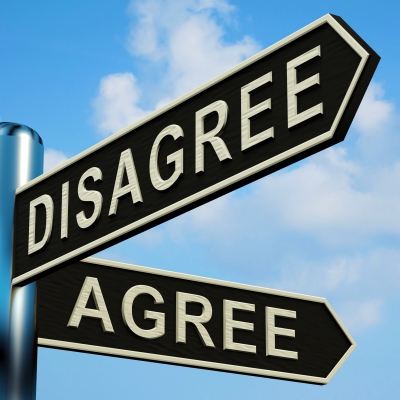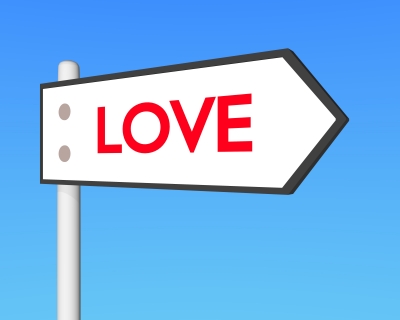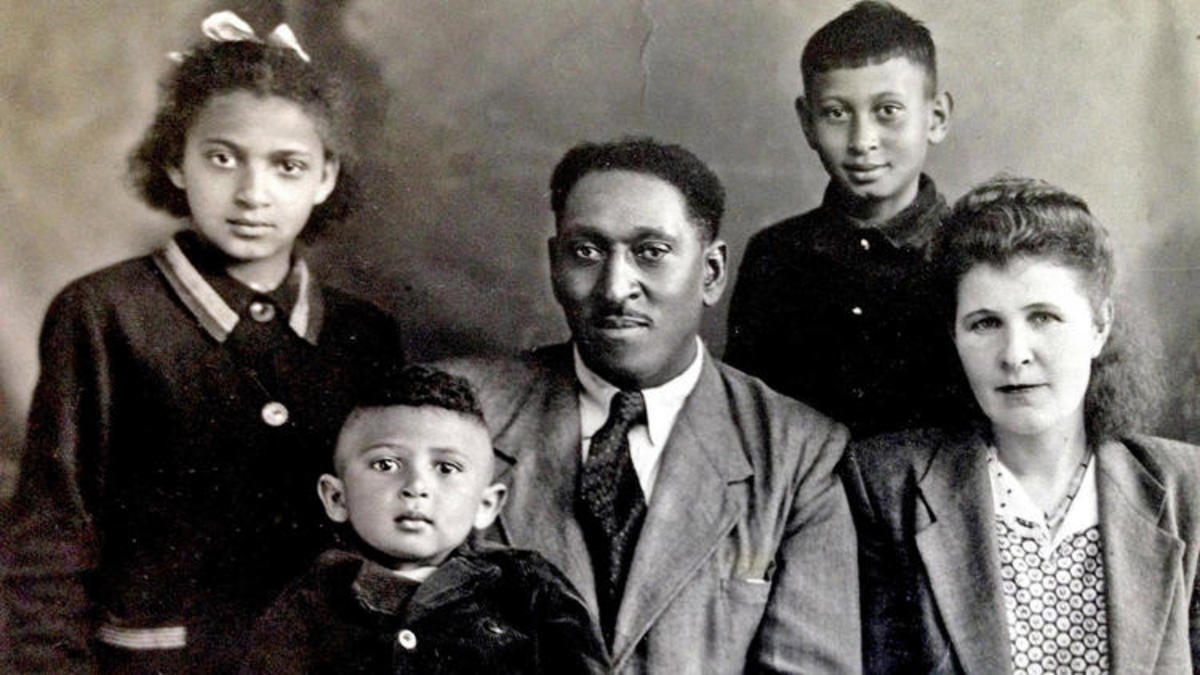Disagreement: Cause and Effect

Declaration:
This article is based on personal convictions acquired through personal experiences and random studies.
Disagreement
Disagreement is the sole cause of all conflicts, disputes, arguments, wars, and however we may chose to describe clashes among individuals or groups.
We disagree about:
- · the person responsible for the performance of a specific task
- · the amount of time, attention, and/or love needed to satisfy needs
- · the truth concerning principles, convictions, beliefs, faith, ideas, expectations, etc.
If the reader can think about any other cause of disagreement, please identify it in the comment section.

How do we react to disagreement?
Our first recognisable reaction to disagreement is anger, revealing its presence through the manner we have learned to control it. Even unbiased, impartial unconcern is a way we have developed to control this instinctive emotion called anger.
However, anger in and of itself is a reaction that needs to be triggered by another, more primary reaction: HURT, the source of PAIN.
“Hurt – pain – anger” is therefore the basic sequence of our reaction on disagreement.
- Hurt: Because our view on the issue is considered to be worthless.
- Pain: The result of hurt, often unnoticeable on impact.
- Anger: Controlled and applied in accordance with our basic nature and abilities.
Knowing the Cause and Effect of Disagreement
Knowing the cause and effect of disagreement enables us to think twice before we react. “Thinking twice” means we have to identify the disturbances in our soul before we allow it to become an act for all to interpret according to their pattern of thoughts.
Our reaction on anger reveals our state of being – somewhere between barbarian, civilized and divine, or in the language of the masses: somewhere between animal and God, or in the language of Christians: somewhere between the flesh and the spirit, between ordinary human and Jesus Christ.
Of course, nobody wants to be associated with barbarians, who commit the most horrendous offences without regard to any other living or dead being in the universe. Most of us also know that we will never be able to be like God, or like the image we have of Perfect Divineness. So the best we would like to be is ‘civilized’, or at least acceptable and likeable, preferably lovable, to those who matters in our life.

Conclusion
In order to maintain peace and harmony, we should know that disagreement is as natural as agreement. Even people who love each other dearly don’t agree about all matters of life and death. Agreement and disagreement are like breathing – we do this every second of our life.
“The beginning of thought is in disagreement - not only with others but also with ourselves.” ― Eric Hoffer, The Passionate State of Mind: And Other Aphorisms
Understanding our reaction to disagreement – ANGER – and the cause of our ANGER, will enable us to handle disagreement in a way that doesn't effect us, our beloveds, or any others, in a devastating manner.
Handling disagreements in a divine manner is, among many other deeds, obeying the Commandment of the God we call Love:
“Jesus said unto him, Thou shalt love the Lord thy God with all thy heart, and with all thy soul, and with all thy mind. This is the first and great commandment. And the second is like unto it, Thou shalt love thy neighbour as thyself.” Matthew 22:37-39

Author’s Note
Unless we write on command, freelance writers of Internet content normally write about topics close to their hearts. Most writers write in order to understand life and all it entails, and this includes understanding themselves and their personal reactions to life – and even to death - and all it entails.
Somewhere at the end of 2013 I had finally reached the end of my capacity to tolerate racists. Personally I believe that all people are humans in the “eyes of God”, like all animals are creatures with four legs in the eyes of humans. In my article about racism - Another-Perspective-on-Racism - I have mentioned that the Big Five in Africa – the elephant, the lion, the rhinoceros, the buffalo and the leopard – treat each other with the utmost respect (according to human principles) in spite of the fact that they are different and unique.
Unfortunately the racists in my world did not get the message. One even confronted me via private e-mail with her narrow-minded perceptions and more than one unfriended me on Facebook and naturally also in real life. Thus, acting on my own hurt-pain-anger – because my perspective is considered to be crazy - I published a blog - Goodbye-to-all-my-racist-friends.
Apparently this blog was the reason why I end up losing the respect and approval of two most dearest relatives. Losing friends or relatives by marriage is one thing, losing true relatives hurts me more than I can say. Or let me rephrase ‘more than I can say’ Only my pride prevents me from using tears or words to describe the unbearable emotional pain I experience when I lose a relative due to a difference of opinion.
I would like my relatives to know that even while I don’t agree with all their convictions, I still love them with all of my heart and wish them only the best of happiness and prosperity. I will always love them; memories of them will always warm my heart; I will always want them to enjoy peace of mind on all levels of their lives.
© Martie Coetser

Quotes about Disagreement
“I don't have to agree with you to like you or respect you.” ― Anthony Bourdain
“I do not agree with what you have to say, but I'll defend to the death your right to say it.” ― Voltaire
“Truth does not become more true by virtue of the fact that the entire world agrees with it, nor less so even if the whole world disagrees with it.” ― Maimonides, The Guide for the Perplexed

© 2014 Martie Coetser








